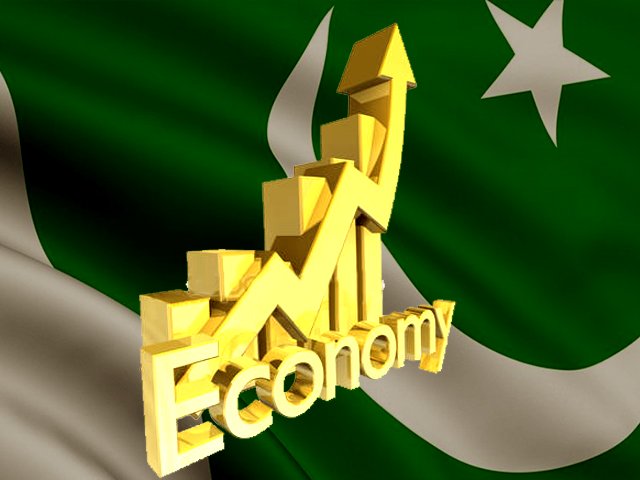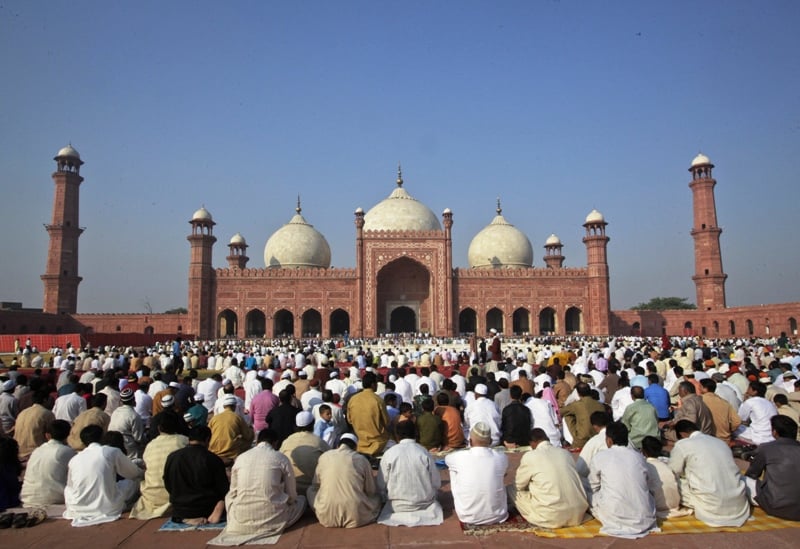
Pakistan's export of manpower to various regions across the globe has become an important aspect of its economic landscape. With millions of Pakistanis working abroad, their contributions via remittances have emerged as a lifeline for the country's economy, especially in times of economic turbulence. However, the accompanying brain drain raises complex questions about the nation's future development.
In 2024, 727,381 Pakistanis left the country seeking better opportunities abroad. According to the Bureau of Emigration and Overseas Employment, this figure is nearly 15% lower than the 2023 total of 862,625.
A significant number of these workers ventured to the Middle East, particularly to Saudi Arabia and the United Arab Emirates (UAE), where sectors like construction, healthcare, and IT absorbed Pakistani talent.
These workers sent home $34.634 billion in remittances during the calendar year 2024, according to the State Bank of Pakistan (SBP), accounting for a substantial portion of the country's foreign reserves. This marks a 31.36% increase from the $26.37 billion received in 2023, reflecting the resilience of expatriate workers amid global economic challenges.
"Remittances are the backbone of our economy. They help the country pay its foreign bills at a time when foreign direct investment and exports are under pressure," said economist Osama Siddiqi. These inflows act as a safety net during economic downturns, ensuring that families dependent on these funds are able to afford basic necessities. Moreover, they support consumption-driven growth, which remains a critical component of Pakistan's economy. "The consistent flow of remittances has shielded Pakistan from severe balance-of-payment crises in the past. Without them, the economic strain would have been much worse," he added.
In comparison, India, with its vast IT sector, received a record $129 billion in remittances in 2024, while Bangladesh garnered $27 billion. Both countries have capitalised on their skilled and semi-skilled workforce, channelling remittances into economic development.
India's focus on sending highly skilled workers to Western countries has enabled it to maintain dominance in global remittance flows. Meanwhile, Bangladesh's emphasis on low-skilled labour for the Middle East has kept its overseas employment numbers high. Pakistan, positioned between these models, faces the challenge of diversifying its workforce exports.
While the economic benefits of manpower exports are undeniable, the phenomenon of brain drain presents a pressing dilemma. According to a report by the Pakistan Institute of Development Economics (PIDE), approximately 200,000 skilled professionals left Pakistan in 2024, seeking better opportunities abroad.
"Apparently, brain drain is a national tragedy. When our doctors, engineers, and IT experts leave, we lose the very talent needed to drive innovation and growth. But did they have an opportunity to get skills allied with the fourth industrial revolution in Pakistan?" asked Sheikh Tahir Imran, a Pakistani living in the USA.
On the other hand, he argued that brain drain can have long-term benefits. Overseas Pakistanis play a crucial role in knowledge transfer, investments, and entrepreneurship when they return or engage with the local economy from abroad. "Many of our expatriates bring back advanced skills and global networks that can be leveraged for national development," said Imran.
It would be a wonderful thought to have allied working opportunities in Pakistan along with equal income and other benefits. However, the reality is different, said Salman Sikander, a British Pakistani national. Pakistan is a third-world country, running on nearly obsolete technology with decades-old ways of doing business. "People say it is a brain drain. It might be, but there are still hundreds of thousands of professionals available in Pakistan. Why don't government and private companies take benefit from them?" he asked.
"Imagine if today there were very few Pakistani expatriates, how would Pakistan get over $30 billion in remittances? Can we afford to rely on Pakistani exporters who are taking benefits from governments through subsidies but are not ready for any value addition to their products? The world is a global village now. We need expert Pakistanis in every country so they may proceed to higher positions just like India. It will save our nation on many accounts," stressed Sikander.
"Indian brain drain is huge, but they are proud of that. We just had an Indian prime minister in the United Kingdom, US presidents now have Indian advisors, and the IT sector and other think tanks are also dominated by Indians. This all is due to brain drain. Though Pakistan needs to upskill its workforce to reach that point, we have to do this for the stable future of our country. Leaving home is never easy; it is a tough journey of dreams and opportunities. Our challenge should be to harness these dreams for the collective good of our nation," Sikander added.
























COMMENTS
Comments are moderated and generally will be posted if they are on-topic and not abusive.
For more information, please see our Comments FAQ